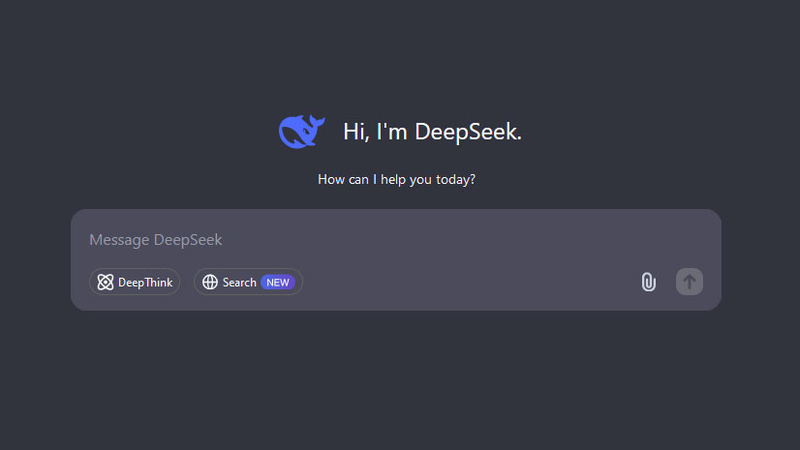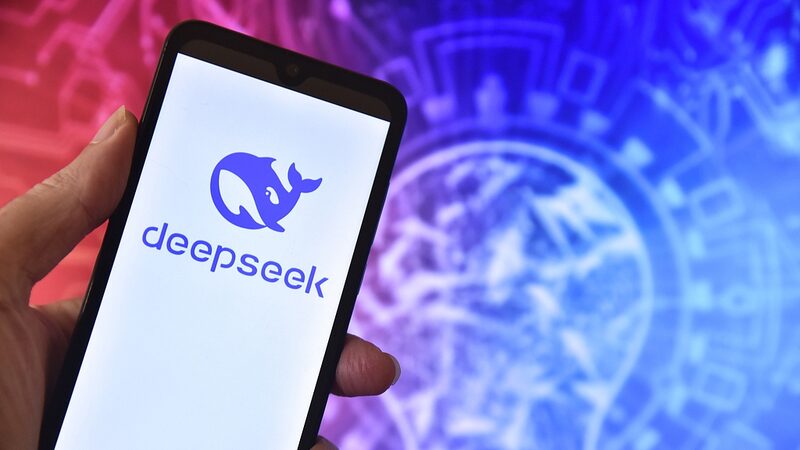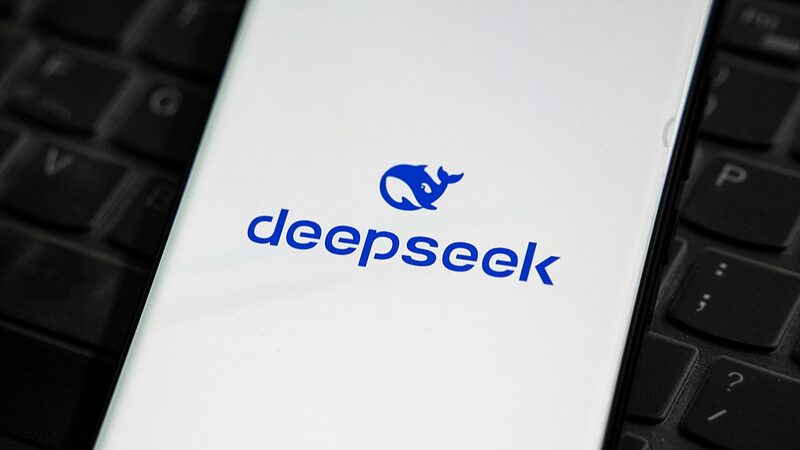Artificial intelligence (AI) is rapidly transforming the landscape of scientific research worldwide. A recent survey conducted by global publisher Wiley highlights that researchers across more than 70 countries are increasingly integrating AI tools into their work.
The survey, which gathered responses from 4,946 researchers, reveals a significant shift towards the use of generative AI tools such as ChatGPT and DeepSeek in preparing papers, writing grant applications, and conducting peer reviews. Over half of the respondents believe that AI will become integral to scientific research and publishing within the next two years.
Key tasks where AI is expected to excel include reviewing vast amounts of literature, summarizing research findings, detecting writing errors, checking for plagiarism, and organizing citations. More than half of the researchers surveyed anticipate that AI will become mainstream in 34 out of 43 research-related tasks within the next two years.
The adoption of AI is particularly pronounced among early-career researchers, with 27 percent of respondents in the initial stages of their careers already utilizing these tools. Of those, 45 percent reported using AI for translation, proofreading, and manuscript editing. Notably, 81 percent of these AI users have engaged with OpenAI's ChatGPT for personal or professional purposes, although only one-third are familiar with other generative AI tools like Google's Gemini and Microsoft's Copilot.
The survey also highlights disparities in AI integration across different disciplines and regions. Computer scientists are the most likely to incorporate AI into their research, reflecting the technology's foundational role in their field.
Adding to the global perspective, a report published in Nature on January 23 underscores the impact of Asian-built AI models. The Chinese mainland-developed large language model DeepSeek-R1 has garnered attention as an affordable and open alternative to dominant models like OpenAI's o1. Initial tests indicate that DeepSeek-R1 performs on par with its counterparts in tasks related to chemistry, mathematics, and coding, showcasing its potential for addressing complex scientific problems.
The emergence of models like DeepSeek-R1 signifies the growing capabilities of AI in scientific research, offering researchers diverse tools to enhance their work and drive innovation across various disciplines.
Reference(s):
cgtn.com








